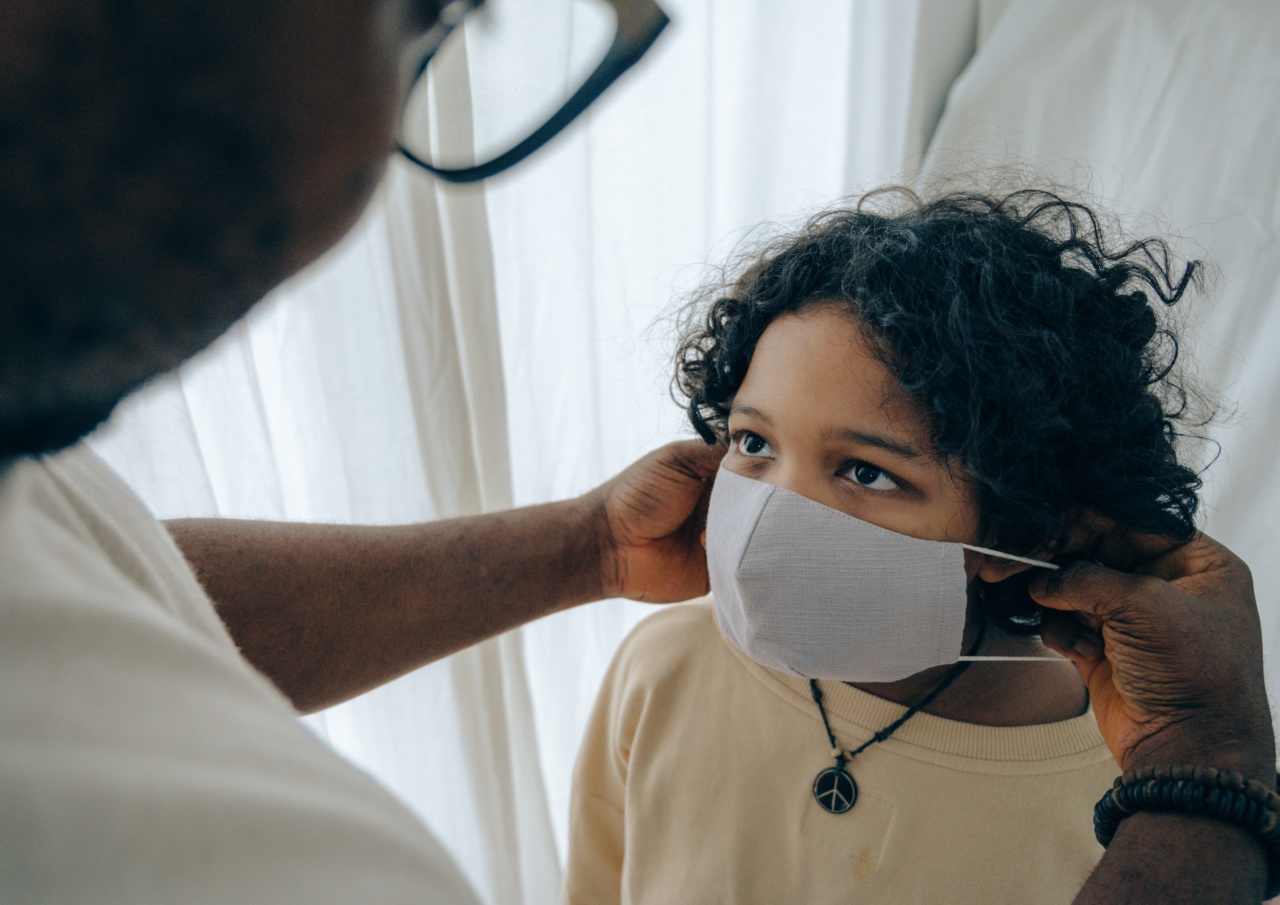Streptococcus is a type of bacteria that can cause a range of infections in humans. The most common types of streptococcal infections include strep throat, scarlet fever, impetigo, and cellulitis.
However, some strains of the bacteria can cause more severe infections such as streptococcal toxic shock syndrome and necrotizing fasciitis.
In recent years, there has been a growing concern about the incidence of streptococcal infections in the UK. This concern has been fuelled by a series of high-profile cases in which children have died after contracting the infection.
Background
The latest case to make headlines was the death of a 7-year-old boy in Lincolnshire who died from streptococcal septicaemia. This was the 7th child to die from the infection in the UK within the last 12 months.
There is no doubt that these deaths have raised alarm bells within the medical community, and have prompted calls for increased awareness about the dangers of streptococcal infections.
Symptoms of Streptococcal Infections
The symptoms of streptococcal infections can vary widely depending on the type of infection. However, common symptoms include:.
- Sore throat
- Fever
- Headache
- Rash
- Nausea and vomiting
- Redness, swelling, and pain in the affected area
- Difficulty breathing
If you or your child experience any of these symptoms, it is important to seek medical attention immediately.
Prevention and Treatment
Prevention is the best way to avoid contracting streptococcal infections. The following measures can help reduce the risk of infection:.
- Wash your hands frequently with soap and water
- Avoid sharing personal items such as towels and drinking glasses
- Cover your mouth and nose when coughing or sneezing
- Avoid close contact with individuals who are sick
- Maintain good hygiene around wounds or cuts
If you do contract a streptococcal infection, proper treatment is essential. Antibiotics are commonly used to treat streptococcal infections, but in severe cases, hospitalization may be required.
Raising Awareness
The recent deaths of children from streptococcal infections have prompted calls for increased awareness about the dangers of the bacteria.
Public health officials in the UK have issued warnings about the importance of early diagnosis and treatment of the infection.
Parents and caregivers are being urged to educate themselves about the symptoms of streptococcal infections and to seek medical attention immediately if they suspect an infection.
By raising awareness about the dangers of the bacteria, it is hoped that lives can be saved in the future.
Conclusion
The recent deaths of children from streptococcal infections are a tragic reminder of the dangers of this type of bacteria.
While streptococcal infections are not uncommon, it is important to be aware of the symptoms and to seek medical attention quickly if an infection is suspected.
By taking steps to prevent the spread of the bacteria and by raising awareness about the infection, we can work towards reducing the incidence of streptococcal infections and saving lives.


























